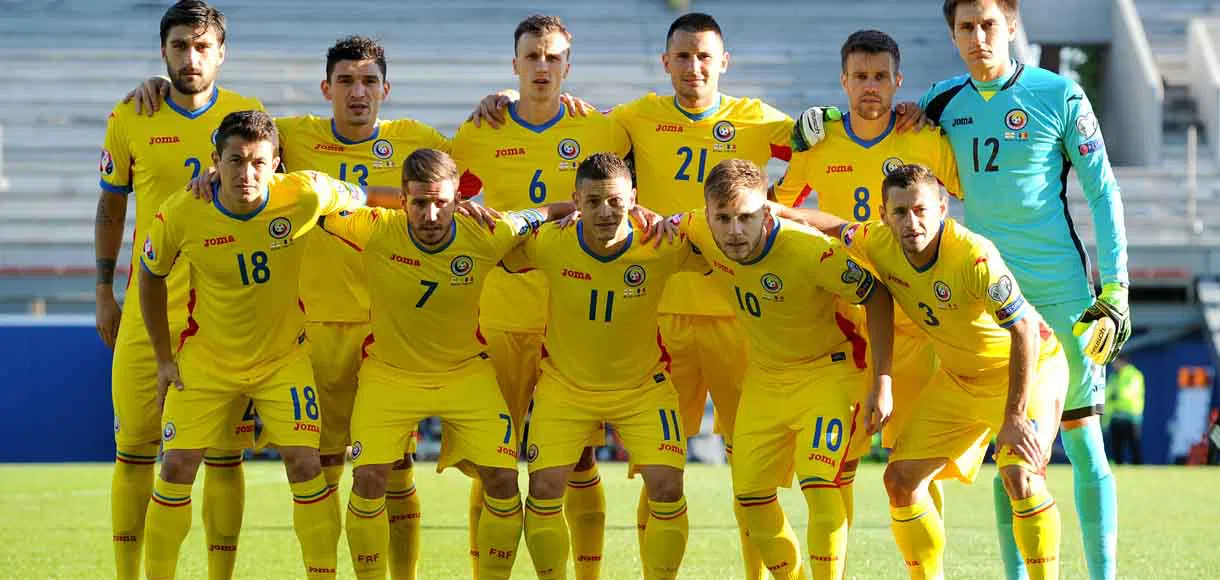The widespread disdain for the standings published by football's governing body is amusing and predictable - but they are useful for several reasons
The lamenting of the much-maligned FIFA world rankings is a predictable occurrence during international breaks.
Anyone would think there is not as much football going on as usual and, consequently, less to write, talk and tweet about.
Ahem.
But it is worth putting the sport’s relentless 24-hour news cycle to one side and actually looking at why the rankings – which are never checked, let alone discussed for the majority of the football season – exist.
The aim, presumably, is to provide a system which monitors the progress – or regression – of teams over a four-year cycle which, in turn, helps to decide where and how teams are seeded when groups for the relevant competition are drawn.
Seems reasonable.
But how are they worked out?
In a helpful frequently-asked-questions page on the FIFA website, football’s governing body explains that the criteria for the selection includes: awarding points for a win (3), draw (1) or defeat (0), the status of the match, how good the opponent is and the strength of that team’s confederation.
The introduction of “multiplication” factors convolutes matters a little, but the rest is sound enough: nations will be rewarded for winning important matches, while the standard of the opponent and circumstances of the fixture are also taken into consideration.
No complaints so far, although a quick glance at the most-recent standings should provide a reasonable insight into how accurate this system is.
Argentina – finalists at last year’s World Cup and this summer’s Copa America – are first.
While not champions in either, their success and consistency in reaching the finals of their two most-prestigious tournaments should be rewarded.
Their position is supported even more considering third-place Germany have – unsurprisingly – not been at their fluent best since winning the World Cup in Brazil just over 12 months ago.
Chile, who are kings of South America after triumphing at the Copa America for the first time in their history in July, have risen to eighth.
But they should be higher than fourth-placed Colombia, who only reached the quarter-finals of both that competition and last summer’s World Cup (the same stage reached by Chile, incidentally).
The main issue here, then, appears to be that a well-organised and talented team like Wales have overtaken the mighty England, who won the World Cup for the first and only time nearly half a century ago.
Wales’ rise to a best-ever position of ninth is a testament to the measured progress made by Chris Coleman’s side, who are two European Championship qualifiers away from reaching their first major finals since the 1958 World Cup.
The Dragons remain unbeaten in their group and have taken four points off of the much-celebrated and second-placed Belgium.
That is excellence that deserves recognition. England, meanwhile, are also top of their group and, unlike their home nation counterparts, have won every single fixture.
England, meanwhile, are also top of their group and, unlike their home nation counterparts, have won every single fixture.
The quality of their opponents, though, has been feeble, while sterner tests in friendlies against Italy and the Republic of Ireland have ended in draws.
A position of 10th, therefore, is reasonable, especially considering the sexier sides directly below them – Spain and the Netherlands – have imperfect qualifying records.
It is natural that anomalies occur when compiling statistical data and only the most ardent of Romanian supporters would argue that their team – who are currently ahead of several other average-looking nations in Group F – are the seventh best team on the planet.
But that is OK. Rankings are not really important.
Rory McIlroy, the world’s No.1 golfer, would trade his position if it meant winning one of his sport’s four major championships this year.
And then there is Andy Murray, who has never been higher than second.
That is unlikely to be discussed when Britain’s greatest tennis player since the legendary Fred Perry and the winner of two Grand Slams is no longer competing.
So the world of football should relax.
It may be imperfect, but the current format more or less fulfils the purpose it was created for.
While, of course, always providing much-needed discussion points during those desolate periods known as international breaks.




















